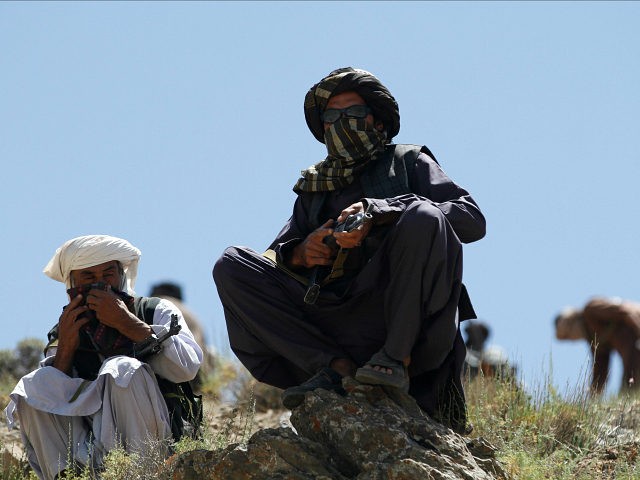Afghanistan's Scholars
"The reason the Taliban resort to such acts [killing of scholars] is that they want to make sure their legitimacy is not questioned by the sermons of these ulema."
"The only thing that undermines their legitimacy is the ability and power of these ulema if they preach and argue against them."
"Only they can challenge the Taliban's ideology, not the liberal scholars or others, and the Taliban understand that."
Mohammad Moheq, Afghan scholar of religion, Togh-Bairdi, Afghanistan
"The reason these ulema are getting targeted is because they tell the truth -- and the truth is that the ongoing fighting is just for power."
Mawlawi Khudai Nazar Mohammedi, head, Ulema council of Helmand
"These are not new enemies."
"The Prophet Muhammad predicted that once the sword bleeds innocent blood, this blood will run until the Day of Judgment."
Mawlawi Abdul Hafiz Mowahed
 |
| AP Photos/Allauddin Khan |
How ironic can things get? The Taliban are named in reflection of the fact that they consider themselves students of knowledge, seekers after knowledge, scholars. The knowledge they sought and that they believe in is their brand of Islam, Salafist in origin, original, strict and fundamentalist. But it is still their perspective, and the manner in which they apply their perspective is studiously reflective of how they interpret a religion that permits of no human subscription other than to the firmest tenets of Sharia law.
Any who differ from their role as arbiters of Islamic jurisprudence and the rule they impose on society are heretics and the fate of heretics is to be removed from the living. The legacy of Islam is one of constraints and human restraint, of abiding fealty to a rigid code of conduct and of values that focus strictly on imposing Islamic doctrine and dictates in as wide an all-consuming human tide as possible, one that will sweep all other contending religions into the dustbin of history.
The discipline imposed on the Afghan population under Taliban rule was unremittingly stringent, and any failures to obey that discipline came with instant and harsh punishments. Which didn't stop Taliban leaders from themselves imposing penalties on any who dared defy their edicts, while they themselves were freely entitled to interpret Islamic values to their very personal and intimate advantage. Corrupt to the core.
Religious scholars well respected for their piety and their intellectual prowess in interpreting the sacred scripts in a manner that casts doubt on the Taliban interpretations that have served them so well, place themselves in danger by speaking of their rejection of the conflict inspired and geared to Taliban conquest and control. They become casualties in the course of the Taliban insurrection, reflective of their influence.
They have the option of supporting the Taliban or of selecting death as a sentence meted out to those who defy the demand to stand behind the Taliban. In sixteen years of unrelenting conflict scholars have lost their lives with the past several years, according to officials, seeing an intensification of the Taliban conflict with the ulema (religious scholars). An estimated 300 religious leaders have been killed in the last dozen years in Kandahar Province alone.
Mawlawi Obaidullah Faizani, head of the Provincial Ulema Council in Kandahar verifies that number. The deputy head of Logar Province's Ulema Council was gunned down while on his way to his home. The intensified focus on killing religious scholars is now being attributed to the Taliban's new leader, himself an ulema and leader of a madrassa. Under Mawlawi Haibatullah's orders, sermons are monitored closely, and any who stray from Taliban Sharia law interpretation are punished "as harshly as possible".
Is there any punishment more harsh than death? One seminary founder, critical of the Taliban, called on them to "join hands with the people of Afghanistan, instead of joining hands with Pakistan and Russia". But it was Pakistan, after all, whose military and intelligence agencies helped found the Taliban, trained and armed them and gave them haven, along with al-Qaeda and Osama bin Laden.
Forced from his village, he took refuge in the provincial capital to lead a larger seminary. And a month ago as he settled himself among three dozen of his students, an explosion occurred that cost him his life when a bomb that had been placed under his cushion was detonated.
Labels: Afghanistan, Clerics, Conflict, Scholars, Taliban

<< Home